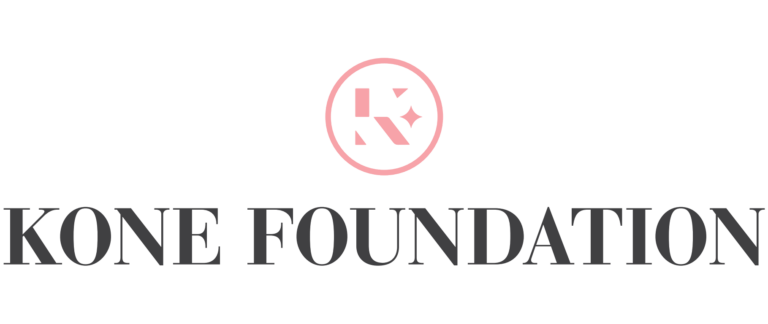
Language tensions - Multidisciplinary study on hate speech directed at linguistic minorities in Finland, Sweden and Russia
Funders
Main funder

Funding: The Kone Foundation
The project Language tensions focuses on what we term “language hatred” (“kieliviha” in Finnish, “språkhat” in Swedish), which is a form of language-based hate speech, i.e., stigmatizing and harmful communication, targeted at linguistic groups. It can be directed at the speakers of a specific language, but also encompasses wider stereotypes and attitudes. We study expressions of hate directed at Swedish and Russian speakers in Finland, particularly on social media, examining its nature and effects, producers and targets, and platforms on which it spreads. We also examine language-based hate directed at the Finnish-speaking minority in Sweden and Finns in Russia.
Sociocultural, political and cross-border conflicts often manifest in attitudes towards particular linguistic minorities. Language hatred is a practice that creates a perception of “us” as a norm from which other language groups in society deviate. Looking at how language tensions manifest through expressions of hate allows for examining power relationships, belonging and identification, as well as exclusion, such as xenophobia and nationalist extremism. We analyse language-based hate at the intersections of the axes of power: language is only one of the factors that determine a person’s social status, with other factors being gender, “ethnicity” or “race”, religion, sexual orientation, education and socioeconomic class. We take these factors into account in our analysis of the (1) textual-discursive, (2) interactional, and (3) sociopolitical levels of language-based hate, as the phenomenon has become more widespread over the past year.
Our interdisciplinary research team consists of three postdoctoral researchers and a professor who have studied hate speech, conflicts, belonging and exclusion from different perspectives. The project crosses disciplinary boundaries and national borders by focusing on language tensions with regards to different linguistic groups through multiple methods, including qualitative content analysis, internet ethnography, surveys, interviews and analysis of mass data using machine learning methods.
Språkhat innefattar stigmatiserande och skadligt tal som riktas mot olika språkgrupper. Vi undersöker hat som riktas mot svensk- och ryskspråkiga i finländska sociala medier, med fokus på hatets karaktärsdrag, plattformar, utövare, mål och dess effekter. Vi studerar även hat mot den finskspråkiga minoriteten i Sverige och finländare i Ryssland.
Attityden gentemot språkgrupper blottar samhälleliga och gränsöverskridande konflikter. Språkhat är en praktik som skapar en uppfattning om “oss” som en norm som andra språkgrupper i samhället avviker från. Makt, tillhörighet och identifiering samt utanförskap kan granskas genom språkhat, exempelvis främlingsfientlighet och fanatisk nationalism. Vi analyserar språkhat i skärningspunkterna mellan maktaxlarna: språket är en intersektionell faktor som definierar social status utöver exempelvis kön, etnicitet eller ras, religion, sexuell läggning, utbildning och samhällelig position. Vi beaktar dessa i vår analys av språkhatets (1) textuell-diskursiva, (2) interaktionella och (3) politisk-samhälleliga aspekter, vilkas vikt har accentuerats ytterligare under det senaste året.
Vår tvärvetenskapliga forskargrupp består av postdoktorer och en professor som har studerat hatretorik, konflikter, tillhörighet och utanförskap ur olika perspektiv. Projektet är gränsöverskridande genom att vi undersöker olika språkgrupper – hat mot finlandssvenskar och sverigefinnar, finländarnas russofobi och rysk hatretorik mot finländare med olika metoder: kvalitativ textforskning, nätnografi, enkäter, intervjuer och massdatametod.


